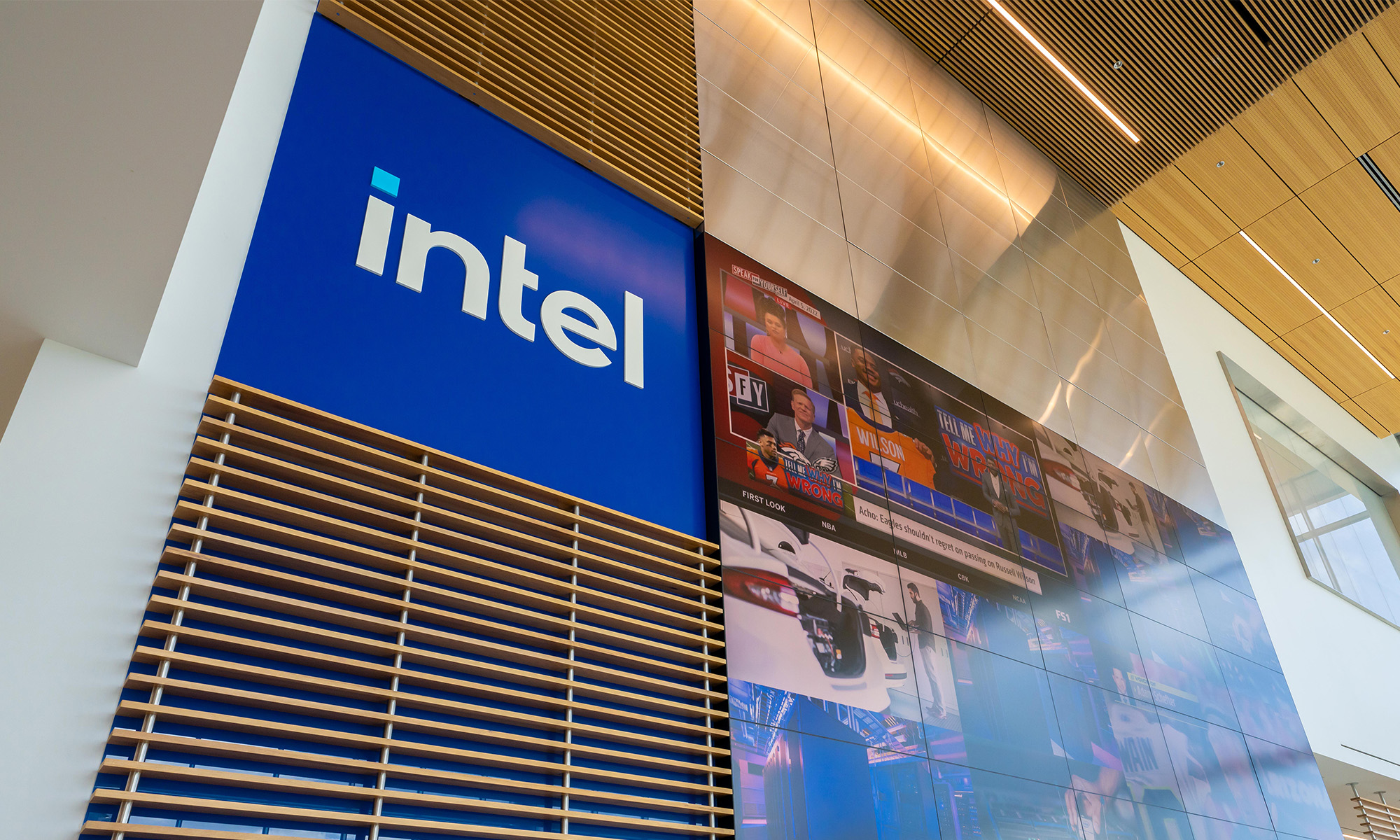When Intel (INTC 4.50%) warns of weak results, it can mean one of two things -- and arch rival Advanced Micro Devices (AMD 6.13%) provides the key:
-
If AMD is doing well during Intel's downturn, there's a seismic shift going on in the chip industry. This happened in the mid-2000s when AMD's Athlon 64 rewrote the processor rulebook for one glorious moment, but it's a rare event indeed.
-
Or, if AMD is struggling right along with Intel, there's something deeply wring with the entire IT industry, And that's exactly what's happening right now.
Intel set the stage for this showdown in early September, when the chip giant slashed its third-quarter revenue guidance by 8%. The miss was blamed on macroeconomic stress, but the PC industry is doing worse than many other sectors suffering from the same macro issues.
And the other shoe dropped Thursday night with a deafening bang! AMD compiled its financial data for next week's full third-quarter report, and it was bad enough to merit an early report of selected figures.
Revenue will land about 10% below the second quarter's $1.4 billion. That's far below the 1% seasonal swoon management expected in their original guidance. Adding injury to insult, analysts had been toeing the guidance line with meticulous precision. The disappointing news sent AMD shares down as much as 12.8% in the Friday session.
AMD's management said that the weak economy caused soft demand "across all product lines." Slow sales automatically leads to low margins as AMD's back-end manufacturing plans run below their peak efficiency. (Yes, AMD has essentially outsourced the actual silicon fabrication to former subsidiary GlobalFoundries, but the chips must still be packaged with other components to form a retail-ready product.)
But the shockingly low demand for PC and server chips also led AMD to slash prices. Hence, gross margins deteriorated even further. Unit sales might turn out pretty good thanks to this action, but cash revenues tumbled.
The only grain of positive news in all this gloom was that tight cost controls reduced operating expenses by 7%. This would be great news if top-line sales were steady, but now it just looks like part of a collapsing house of cards.
The early report sent shock waves across the computing industry. Intel drooped 1.2% and graphics-chip rival NVIDIA (NVDA 0.72%) took a 1.4% haircut.
Curiously, system builders Dell (DELL +0.00%) and Hewlett-Packard (HPQ +0.26%) went the other way, jumping 3.9% and 1.7%, respectively. It looks like these companies absorbed their pain a bit early, having reported their slow numbers in the still winds between proper earnings seasons.









